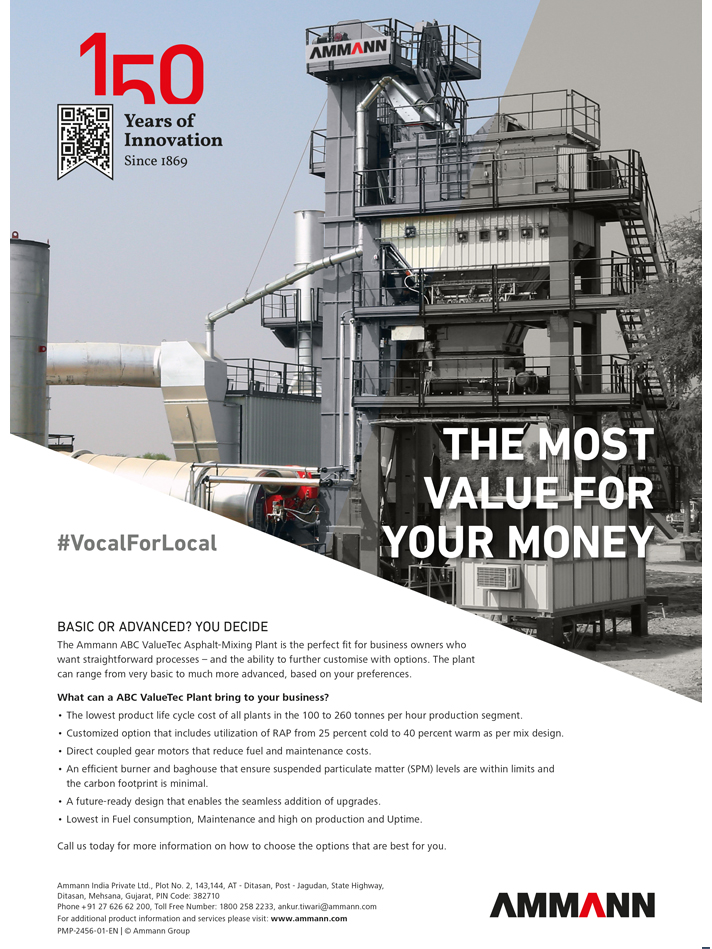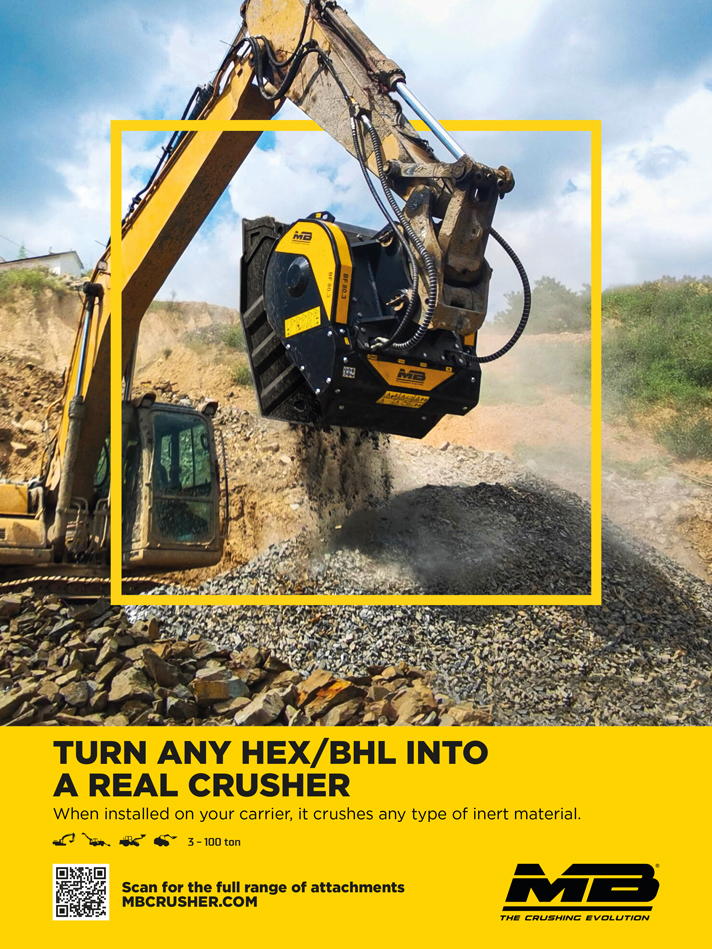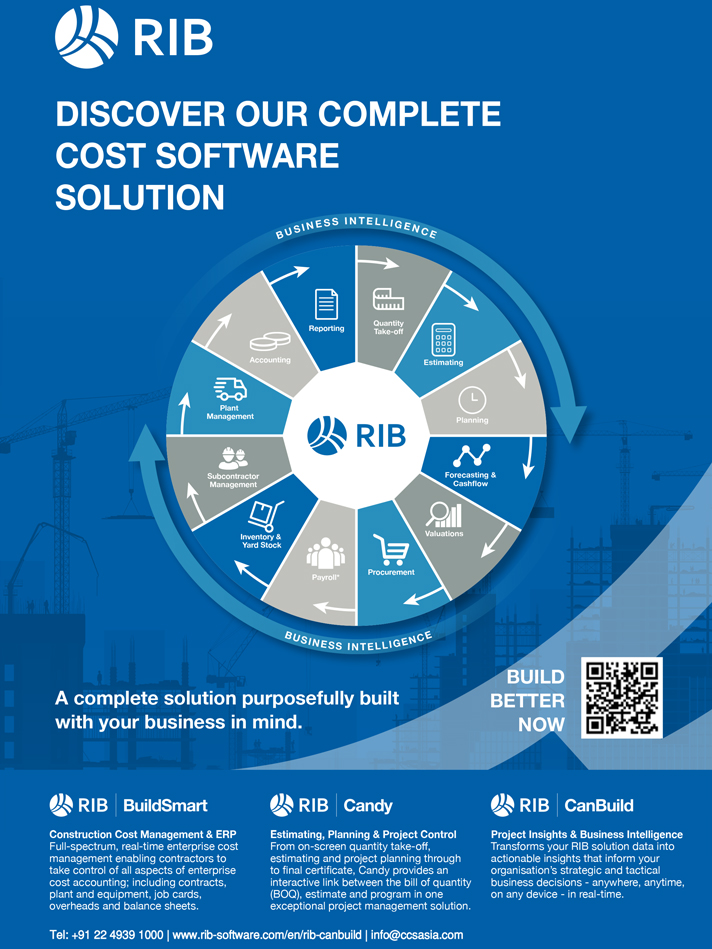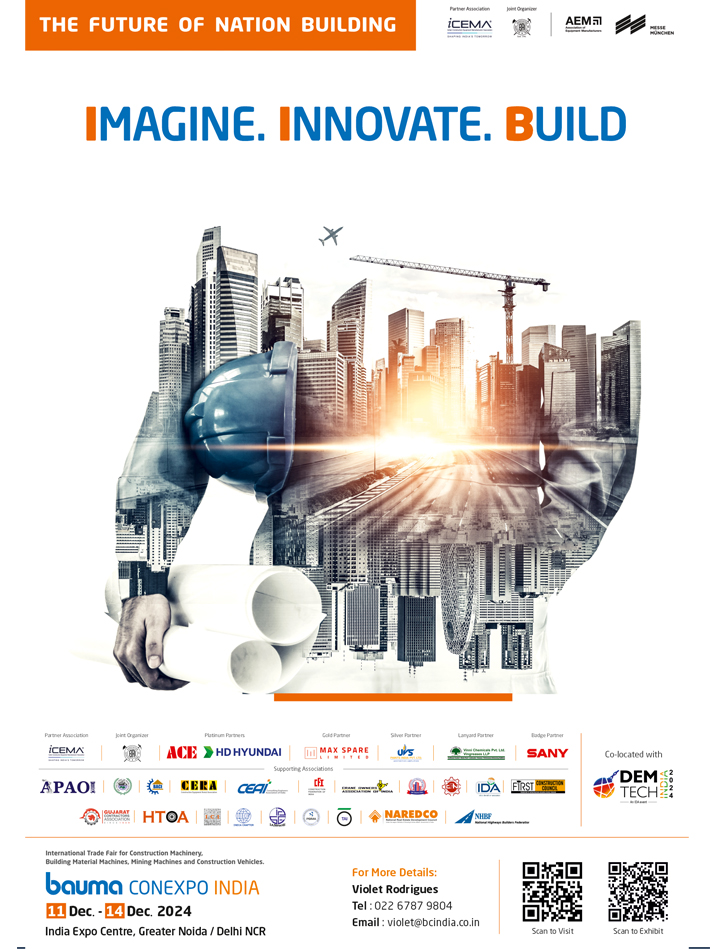Allied Industries SHINE!
As the country embarks on its vision to become a $5-trillion economy in the next few years and a $30-trillion economy by 2047, massive investments in infrastructure are going to play a catalytic role. Development signs look promising in this regard as the Indian construction industry is expected to maintain a healthy revenue growth momentum in FY2025 with a projected YoY growth of 12-15% in FY2025 after witnessing a stellar 18-20% revenue growth in FY2024e, according to ICRA estimates. Further, ICRA anticipates relatively stable commodity prices along with operating leverage benefits to support the overall profitability of the construction sector entities in FY2025.
In conjunction to this, the steel demand in India is estimated to increase at a CAGR of 7% to reach 190 million tonne (MT) level by the end of the decade, a report by SteelMint India revealed. This demand will majorly be driven by the construction and infrastructure sectors, which account for 60 to 65% of the demand.
Added to this, the domestic demand for Thermo-Mechanically Treated (TMT) bars in India is poised for further growth, with industry experts citing government initiatives aimed at bolstering quality and sustainable infrastructure as key drivers. India consumed 50.3 million tonnes (MT) of TMT bars in FY23, up from 46 MT in the previous fiscal. Domestic manufacturers collectively produced 51 MT TMT bars in FY23 compared with 47.2 MT in FY22. The construction industry is increasingly turning to TMT bars to meet the evolving structural needs. TMT bars, known for their superior strength, durability, and earthquake-resistant properties, have become the material of choice for engineers and builders across India, mainly due to the numerous advantages that TMT bars offer over traditional reinforcement materials.
Alongside, a lot of progress is also being made on research & development in finding sustainable construction materials. For instance, researchers at the Indian Institute of Science, Bengaluru have developed a unique material that could replace natural sand in construction. According to the researchers, replacing natural sand with carbon dioxide-treated construction waste in mortar and then curing it in a controlled, CO2-rich environment can speed up the development of the material’s engineering properties.
In another interesting update, Indian construction equipment industry witnessed a 26% rise in sales to 1,35,650 units in the 2023-24 fiscal on the back of the government’s infrastructure-led growth agenda. As per the data released by ICEMA, the construction equipment (CE) industry had sold 1,07,779 units in the previous fiscal year.
All in all, it’s a great time to be a part of this extravaganza and reap collective benefits to realize the country’s vision!














